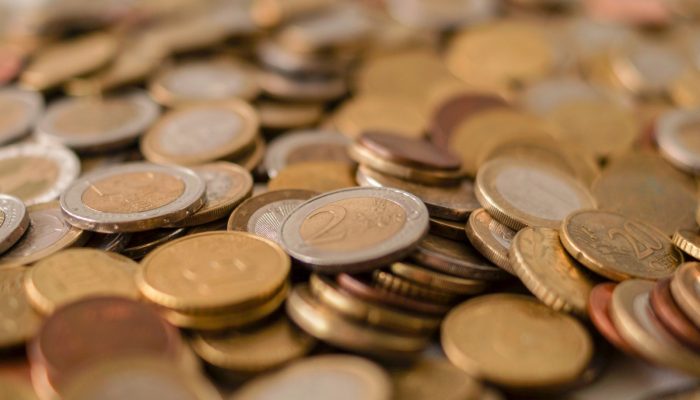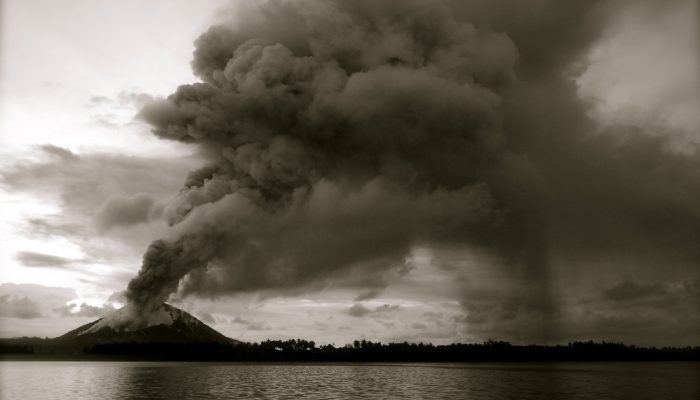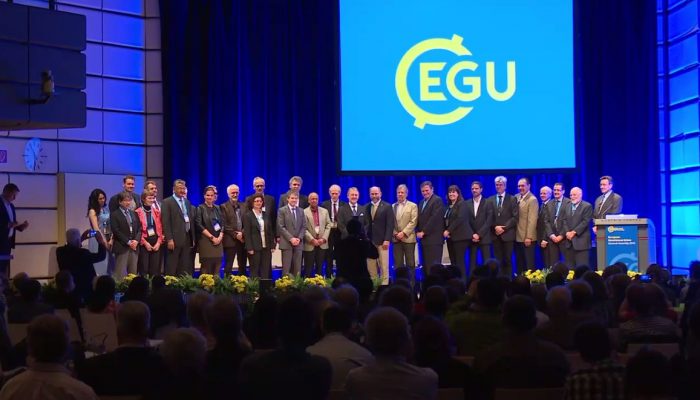Here’s a tricky question for you. Try and name a woman in geoscience who has won an award for their studies in the last 5 years? How about a man? Chances are it is much easier to think of a male geoscientist who has won an award than a female one, but is that because more men win awards in geoscience than women (compared to the number of male and female geoscientists)? This was the question that w ...[Read More]
Finding Funding: a how to guide to applying for research grants

Drafting your first grant proposal can be daunting. Grant writing improves with experience, so how do early career scientists compete on an equal footing with those who are more established? At this year’s General Assembly we tackled this very question at the Finding Funding (SC46) short course. Grant Allen, an atmospheric scientist, who has plenty of experience in applying for funding spoke abo ...[Read More]
Volcanic darkness marked the dawn of the Dark Ages

The dawn of the Dark Ages coincided with a volcanic double event – two large eruptions in quick succession. Combined, they had a stronger impact on the Earth’s climate than any other volcanic event – or sequence of events – in the last 1200 years. Historical reports reveal that a mysterious dust cloud dimmed the sun’s rays between in 536 and 537 CE, a time followed by global societal decline. Now, ...[Read More]
General Assembly 2016 – Highlights
It’s been a month and a half since the EGU General Assembly 2016 in Vienna. The conference this year was a great success with 863 oral, 10,320 poster, and 947 PICO presentations. A further 619 unique scientific sessions were complimented by an impressive 321 side events, creating an interesting and diverse programme.The conference brought together 13,650 scientists from 109 countries, 25% were stu ...[Read More]


